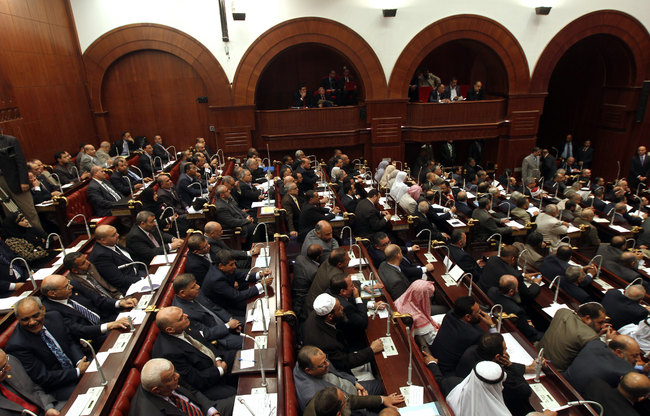You can tell a sporting parent a mile away. There are the pacers, the nail-biters, the encouragers, the pushers and sometimes, the whackos, like the Frenchman who last week was given an eight-year jail term after he admitted drugging a number of his children’s tennis rivals. Christophe Fauviau, 46, a retired army officer, was convicted of manslaughter after one of the drugged players died in a car crash.
Fauviau spiked the drinks of at least 27 players during matches against his son and daughter between 2000 and 2003. One case proved fatal. A tennis teacher Alexandre Lagardere, 25, had played Fauviau’s son Maxime in July 2003 in a village game in which the prize was a leg of ham. Fauviau had put up to six tablets in Lagardere’s drink, making him so woozy that he crashed when he tried to drive home.
Police investigating Lagardere’s accident discovered an anti-anxiety drug called Temesta in the teacher’s system and traced it back to Fauviau who was charged with unintentionally causing death by administering toxic substances. The judge at the trial in Mont-de-Marsan in southwestern France called Fauviau a selfish, manipulative liar for whom success for his children justified anything.
The world of tennis is littered with Fauviaus. Perhaps the most famous (or infamous) of them all is Jim Pierce, father of Mary. After many incidents such as slapping his daughter at a tournament in 1991, screaming abuse at her opponents and punching a fan at the 1993 French Open, Jim’s “encouragement failed to win his daughter’s love. It hasn’t delivered many Grand Slam titles either.
Damir Dokic, father of star Jelena, was renowned as a character on the tennis circuit, having a propensity to denounce sports officials as fascists, Nazis and criminals, and once smashing a journalist’s mobile phone.
While these are some of the highly publicized, and perhaps extreme, examples of tennis parenting at its worst, Pierce and Dokic are obviously not alone in their parental fanaticism. “Nothing stopped you, the prosecution told the court in the Fauviau case, “. players collapsing on the court, the sight of gurneys, an 11-year-old girl, and a young woman who collapses against a fence. Nothing stopped you.
It seems the one big difference between Fauviau and other over-zealous parents is that he apparently was not abusive to his children; he took it out on their opponents. Still, Fauviau bears all the hallmarks of parents who push the envelope too far.
Why is there such an attitude? For one, in sport, and unfortunately, “winning is everything. A parent will say to a child, “the important thing is to have fun, but the first question that same parent asks the child when he or she walks in the door is “Did you win?
Winning is not everything; sport must also be fun. Most children are levelheaded. They do not perceive sports as an end in itself, as a career or a job. It’s the parents who get it all wrong. It is crucial, then, that parents take the time to periodically ask the child about their aspirations and expectations from sport. How many times has somebody asked a child, “Do you like tennis, only to have the parent answer, “Oh, God does she love tennis. That tells you something about the parent but nothing about the child.
Then there is the theory that some parents tend to live vicariously through their child’s sport experience. Notice the confusion in situations where the parent uses language such as “Who or where are we playing today? or “We had a great game today!
Pushy parents often try to relive their own failed careers through their offspring. They may wish to bask in the reflected glory of a child’s success. They like the idea of having ‘produced’ a child that has reached star heights and can take credit for their achievements. The dividing line though is when a parent is doing it not just for the child but for themselves. Sport parents should be careful to avoid the naive assumption that what they think is best for their child must naturally represent their child’s wishes.
Try to understand what your child wants from sports; not all children want the same things. See if they want to be involved at all. And remember – if that’s at all possible – what you could do at your children’s age. Don’t judge them by what you can do now.
As anyone who has seen a youth football match will testify, pushy parents figure in sports other than tennis. But in tennis it’s more noticeable, perhaps because of the fame and fortune the game offers. These incentives also make tennis extremely competitive, which in turn, makes “sideline warriors all the fiercer. Their children are subject to either physical or, more commonly, psychological abuse, abuse that comes at the hands of those who supposedly love them the most: Their parents. Their parents don’t encourage; they push. They don’t critique; they criticize. Even though the one thing all children desire is the love and respect of their parents, no matter what they do.
One of Fauviau’s children, Valentine, 13, who is in France’s top 10 for her age group, pleaded with the court to show mercy on her father, saying he did what he did out of love. “My father never wanted to do anyone any harm, Valentine said. “There are many parents who push their children and go a little mad because of tennis.
Showing a close interest in your child’s sporting prowess is admirable. But surely there must be a better way to express love for your child than manslaughter.
